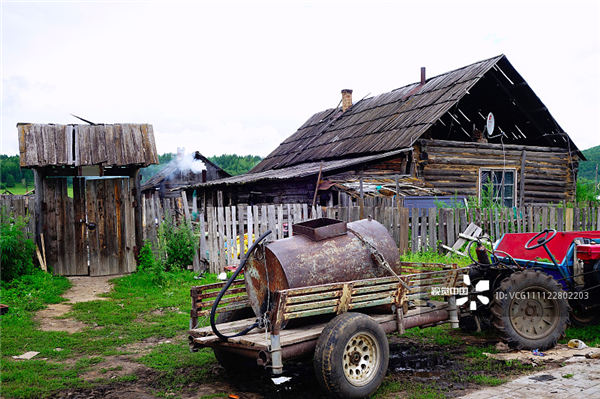Turning words into deeds


Since then, the scenes of northern China, especially in winter, have provided the backdrops for her novels, spanning from The Right Bank of Ergune River, White Snow and Crow (2010), in which the story is set during a plague in Harbin in the 1910s, to Top of Mountains (2015), which again takes readers deep inside forests.
"Nothing will change my roots in Dongbei (Northeast China)," she says, adding that people will continue to be the main focus even in her future works.
Chi also calls for diversity in Chinese literature, as is being emphasized in art and literary circles these days.
With The Wandering Earth, a film this year adapted from Liu Cixin's novella becoming a pop culture phenomenon, Chi says she hopes this trend will continue.
Liu, who won the Hugo Award in 2015, is China's most celebrated science-fiction author.
"There is enough room for different genres of literature to grow," Chi says. "Writers can explore various fields as long as they are truly familiar with them."

As a member of the CPPCC, Chi has taken more social responsibilities outside the literary world.
In previous annual sessions of the CPPCC National Committee, she had proposed that city administrators do more to help beggars settle down, and that people from the frigid Greater Hinggan Mountains area get more subsidies for living in such tough conditions, based on her understanding of the grassroots community.
While preparing for The Right Bank of Ergune River, she spent months traveling through the forests of Oluguya and learning about Ewenki culture. Such experiences have given her much more than ideas to create fictional works. She has also learned about people's hardships in such places.
After her long and detailed observation of life, history and culture in the country's northeast, Chi says she has developed an emotional resonance for other border areas. Chi says she has traveled to most such places in China, including the Xinjiang Uygur autonomous region and the Tibet autonomous region.
"I'm astounded by the brilliant civilizations there," she says. "But their stories need to be better told."
At a current session of the CPPCC National Committee, she made another proposal to better support border areas using the strength of culture, and echoing the efforts to alleviate poverty.
- Ancient roots with sharp modernity: Nobel laureate on Chinese culture
- 'Unruly Heroes': Forging 'Journey to the West' in the game world
- Naruto's favorite noodle shop Ichiraku Ramen opens in Shanghai
- Sino-Greek coproduction 'Agamemnon' amazes audiences in Beijing
- Argentine street artist Felipe Pantone holds first Chinese exhibition




































